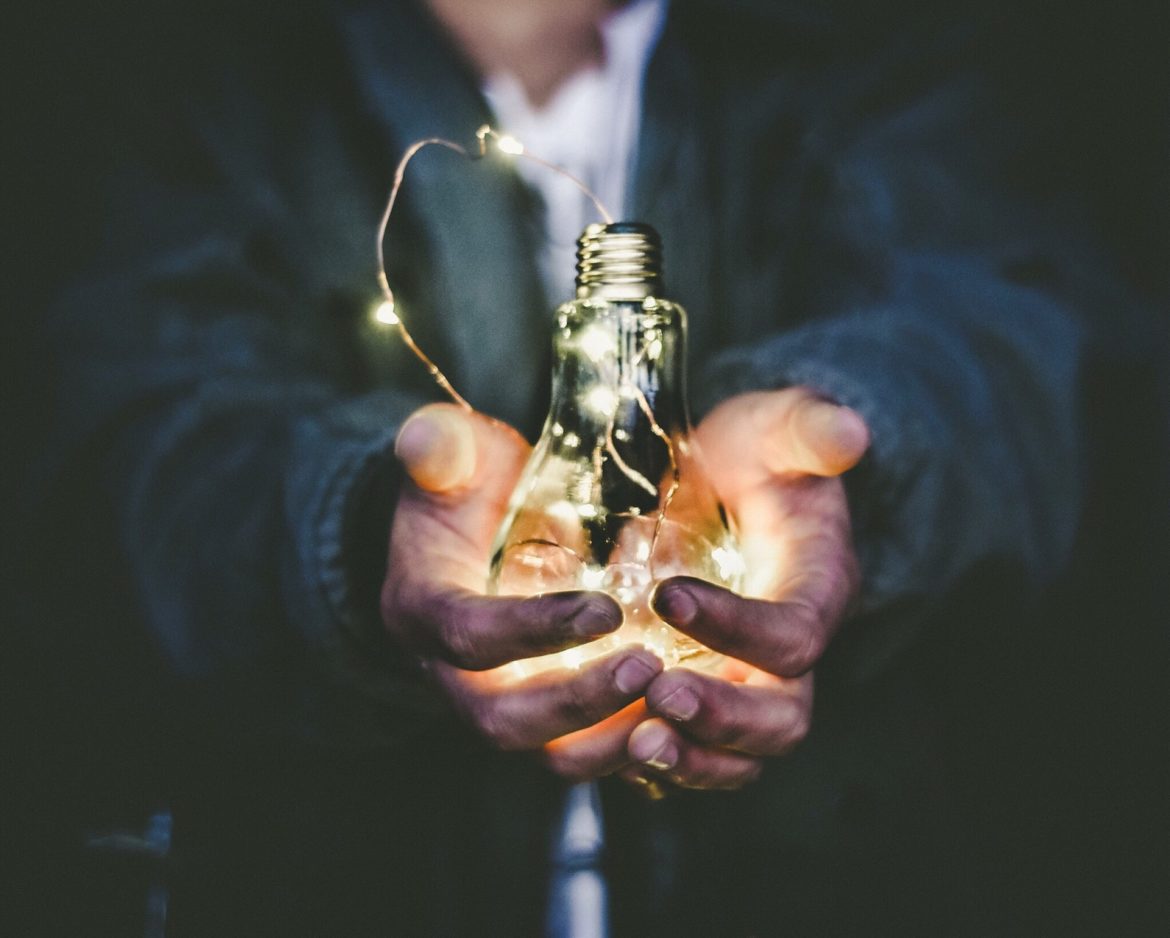There are many different reasons why individuals and families might decide to live off-grid. Some of them might choose to do so because they feel like it’s a great way to teach their children about survival skills. Others might decide to live off-grid because they believe it’s the best way to save solar energy. Some choose to live off-grid because they are tired of the stress or anxiety of their current lifestyle. Some individuals might value the idea of living independently and creating as little waste as possible.
Many individuals also may choose to switch to an off-grid lifestyle because they want to live a more active life. Of course, it’s important to save solar energy as much as possible when living off the grid. Here are some smart ways to reduce electrical demand and save energy while remaining off grid.
Learning From The Past
One of the easiest ways to save solar energy is to examine what you are using your energy on, and figure out what can be adjusted. You might look at past bills and find out more about your monthly power usage. Your family may find that there are clear seasonal changes in power use, and discussions can be had about what could be used less and why. It might take some time, but reducing electrical demand, in general, is an obvious way to save solar energy. It can cost money to keep purchasing panels, appliances, and batteries, and reducing electrical demand is a great way to reduce living costs.
It can take some time and effort to figure out what you are using the most energy on, but it’s worth it when it comes to finding out how to use energy more efficiently. You may find that you or your family can save a lot of money by changing a few off grid solar habits.
Unplug What Isn’t Being Used
This seems like a very obvious off grid solar tip, and it’s quite simple: unplug any appliances that aren’t being used. It doesn’t matter whether it’s your laptop, the television, or kitchen appliances; try to make sure that you don’t have anything plugged in that you or your family aren’t using consistently. Even if an appliance is in standby mode, it can use up a considerable amount of energy. For example, your refrigerator can end up using up a lot of your energy – so you may want to consider unplugging it when it isn’t being used.
If you feel like you have to cut down on electrical usage, you might also want to use appliances that can run on propane. There is one significant drawback here: it can cost a lot to install and maintain appliances that run on propane. However, the investment might be worth it, as it can end up saving you money by reducing electrical usage in the long-term. There is an advantage, though. Your family could order months’ worth of propane fuel at once so that you don’t have to worry about energy for a while.
One way to use less energy is to connect appliances to power strips and turn them off when they aren’t in use. This is a smart and easy way to get used to reducing energy usage. If you are not sure about what appliances are using the most energy, consider using or purchasing an energy monitor to get more insight into energy usage. There should also be discussions regarding adding new appliances and making sure that they are worth the extra energy usage.
Thinking About the Sun
Many families and individuals use off grid solar energy in order to live a more sustainable lifestyle. However, there are off grid solar tips that can help you take advantage of the sun. One off grid solar tip is quite simple, but some people might not think about it: your windows should be placed in a way to invite the sun as much as possible. Your window placement will also affect glare, which could affect your day-to-day life in terms of finding ways to save solar energy. Some of those who rely on off grid solar also choose to place windows in the side walls to generate less contrast.
Those who live off grid may also want to consider purchasing Low-E glass. Low-E stands for low emissivity, meaning that the glass emits less radiant energy. Low-E glass can allow light in the room while also filtering out unwanted heat and UV radiation. It should be noted that low-E glass will cost some extra money, but it might be a smart investment for those interested in an off grid solar lifestyle. Exterior and interior shading can also help with heat and lighting issues.
Cooling and Heating
If you are going to think about an off grid solar lifestyle, you will need to adjust how your home is both cooled and heated. We know that modern homes take up a significant amount of energy for air conditioning and/or heating, and it might be a big concern for those living off grid. Many families are living in cities where it gets extremely hot during the summer.
It’s also vital for those who live off grid to change air filters as much as possible and use drapes. Drapes are great because they can trap heat and prevent heat from entering a home. Shades can be used for this same purpose, as well. You can also add insulation in your home as another way to save solar energy.
One of the easiest ways to save solar energy and keep your home cool is to use whole house fans. These fans can help to suck out hot air, and it can also draw in cooler air. If you are serious about drawing in more cool air, you should ensure that your home has several large ground-floor windows. Believe it or not, compressor-less air conditioning alternatives can help reduce electrical usage by as much as 90%!

